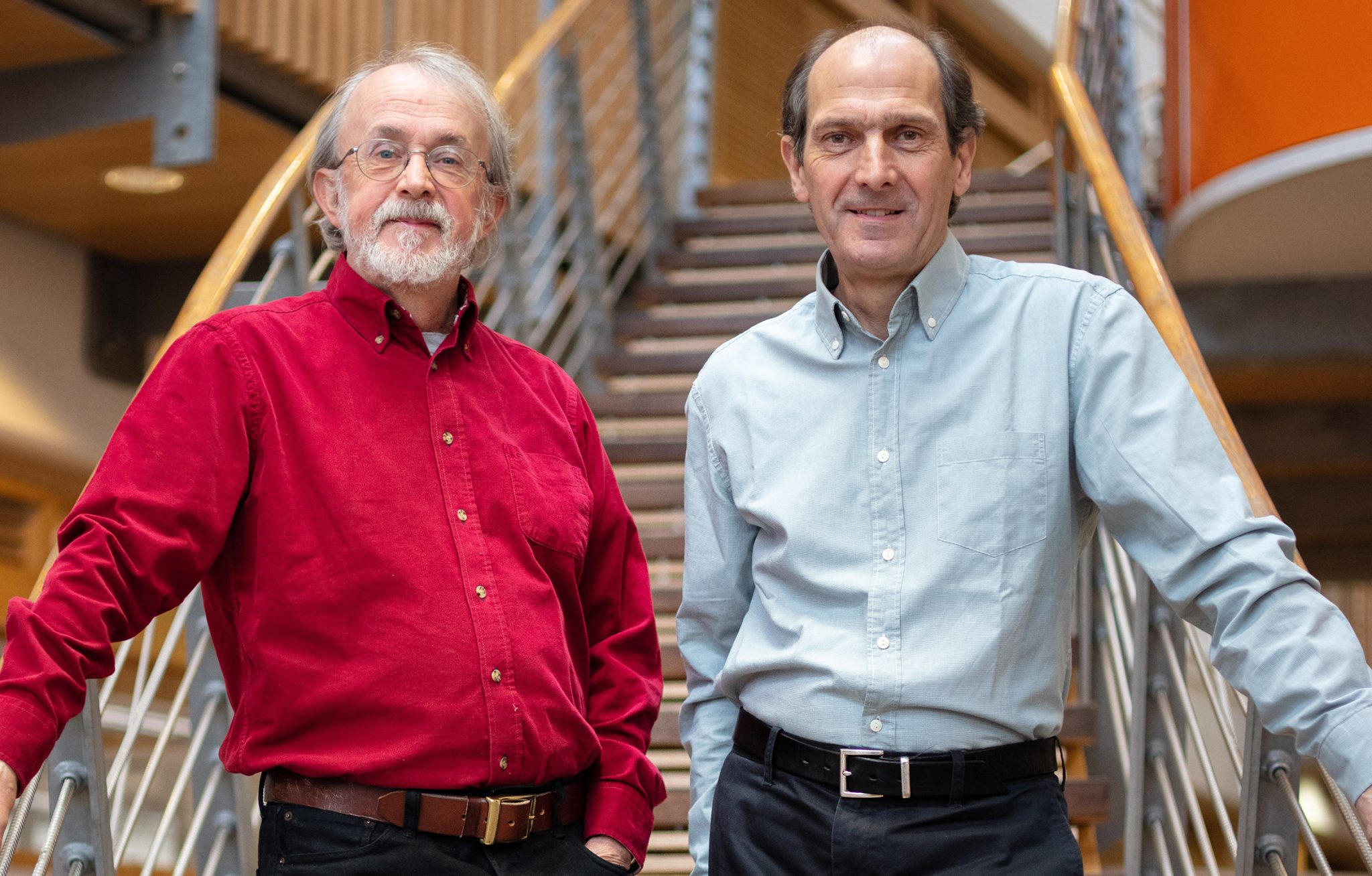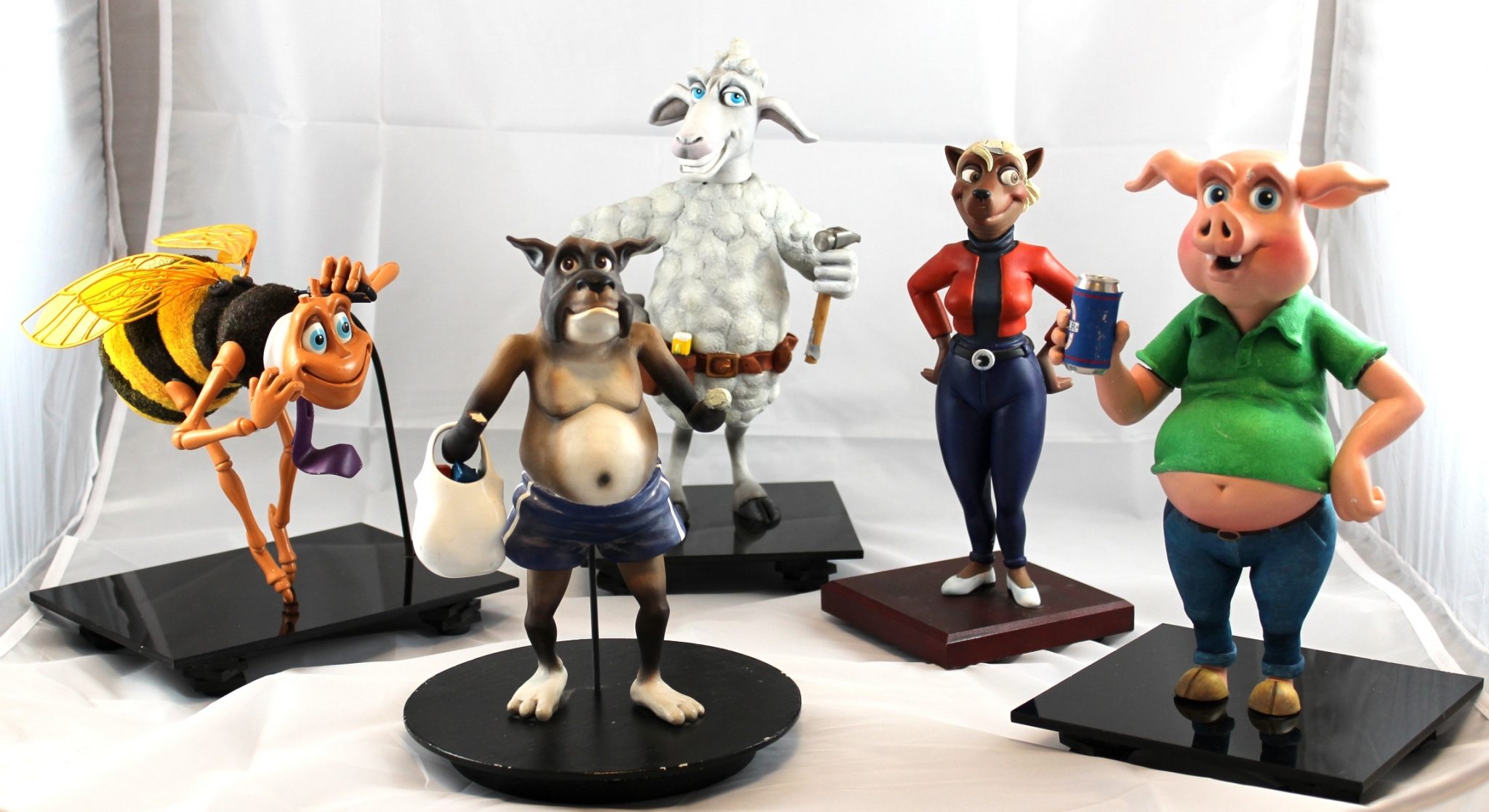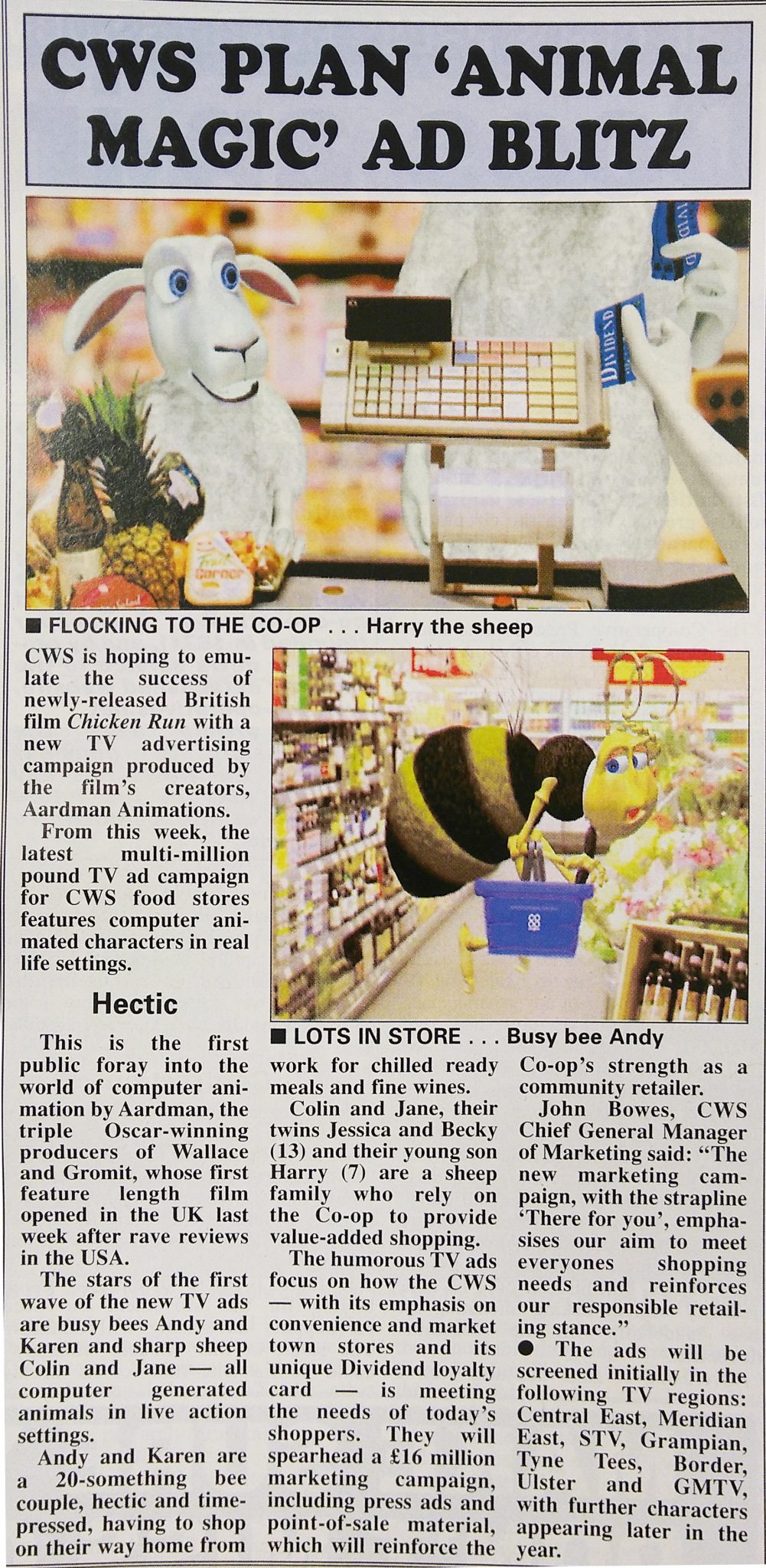The co-founders of Aardman, the Oscar-winning animation studio which created Wallace and Gromit, is to transfer of a 75% stake to its workers, to protect the company’s independence.
Peter Lord and David Sproxton announced “that they are preparing the company for continued success over the next few decades by transferring the company into employee ownership, effectively selling the company to the workforce”.
They say this will secure “the creative legacy and culture of the company”, which produced hits including Chicken Run, Creature Comforts and Shaun the Sheep, “for many decades to come”.
The majority of Aardman’s shares will be transferred into a trust, holding them on behalf of the company’s workforce, along similar lines to the John Lewis Partnership. The senior management team will remain in their existing roles and will form the executive board to ensure continuity.
Mr Sproxton will continue as managing director but is looking to appoint a successor – who will be accountable to the trust – within the next 12 months before moving into a consultancy role.

Mr Lord will remain in his role as creative director at the company with a focus on the company’s feature film output, set to include a second Shaun the Sheep movie and a sequel to Chicken Run.
“We’re not quitting yet,” said the two men in a statement, “but we are preparing for our future.
“This approach, the creation of an employee trust, is the best solution we have found for keeping Aardman doing what it does best, keeping the teams in place and providing continuity for our highly creative culture. And of course, those that create value in the company will continue to benefit directly from the value they create.”
They added: “The statistics show that employee-owned companies are significantly more successful than conventionally owned companies. So we are very excited by the prospect of seeing Aardman roll far into the future under this arrangement and can rest easy that those four decades which have slipped by have paved the way for many more years of great creativity.”
Founded in 1972, the Bristol-based studio – whose portfolio also includes iconic children’s TV character Morph, Peter Gabriel’s Sledgehammer video and computer-animated film Flushed Away – has branched out into video games, theme park attractions, commercial advertising, interactive content and rights & brand development.
Oscar-winning director Nick Park – the key creative voice behind Aardman’s hits – will continue to have an active role in the studio’s feature film and shorts productions. He will sit on the new executive board of directors, which will report to the board of trustees, which will ensure the executive follows the core values of the organisation and acts in the interest of its workforce.
The executive board also include Heather Wright, executive director, partner content, who said: “Employee ownership is a perfect way of futureproofing [Aardman’s] independent spirit and thinking, and allowing us to protect the legacy while continuing to nurture new talent and ideas and diversify our storytelling into new areas of theme parks, console games and interactive content.”
Deb Oxley, chief executive of the Employee Ownership Association, said: “We congratulate Aardman on its transition to employee ownership which is a great example of where the employee ownership trust model can be used to secure the businesses ethos, creative values and independence for the longer term while helping those who supported its creative success to share in the value they create.
“This has been an exciting journey for us to support David, Peter and the team knowing that Aardman’s iconic productions will continue to bring joy to fans new and old for many more years to come.”
Aardman is no stranger to the co-operative movement; in 2000, the animation company produced a TV advertising campaign for CWS, featuring animated characters in real life settings. The stars included busy bees Karen and Andy, and two sheep, Colin and Jane, with the ads focussing on how the CWS – with its emphasis on convenience and market town stores and its unique Dividend card – was meeting the needs of shoppers of the day.

The models are now in the CWS archive at the National Co-operative Archive. For further information, email [email protected].
